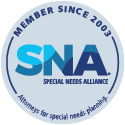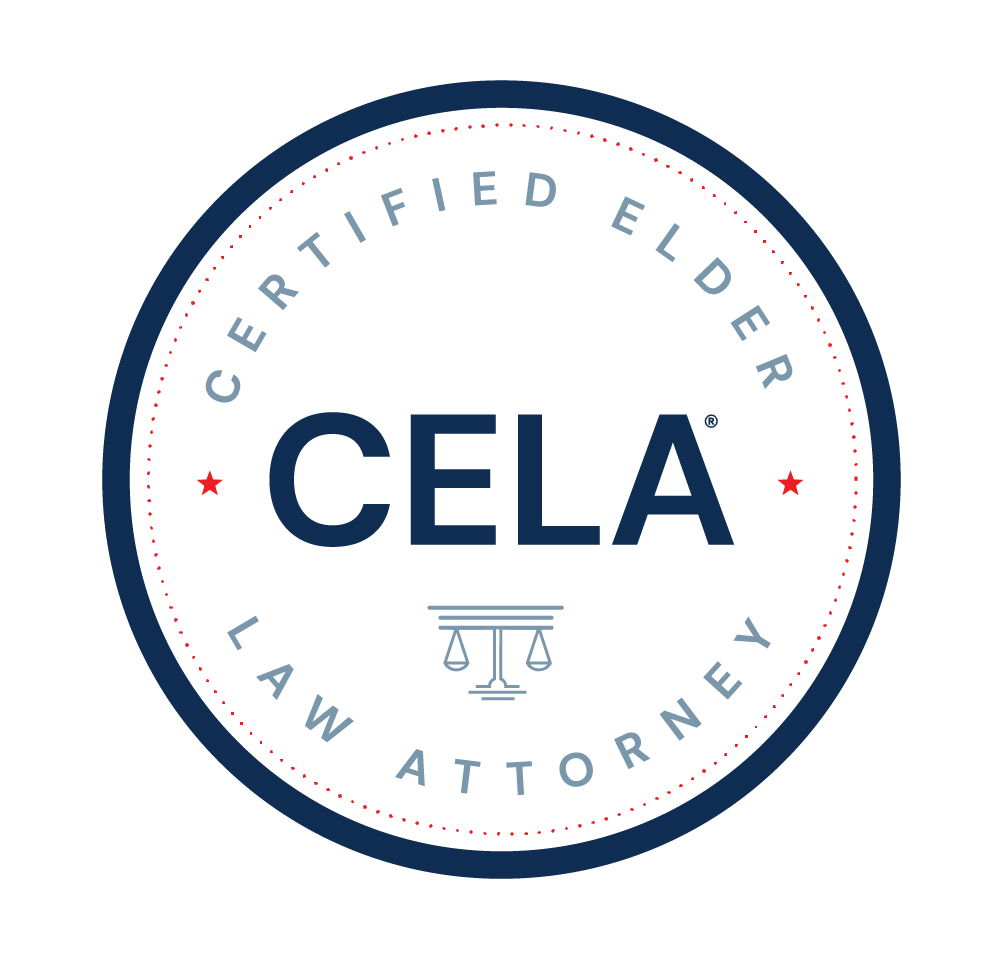Nursing Home Resident Rights
By: Hazen Law Group
The critical legislation dealing with nursing home resident rights is the Nursing Home Reform Act of 1987 (NHRA), also referred to as “OBRA-87”. See 42 U.S.C. §§ 1395i-3 & 1396r. This legislation requires nursing homes that accept payment from Medicaid or Medicare to provide “services and activities to attain or maintain the highest practicable physical, mental and psychosocial well-being of each resident.” This requirement applies regardless of payment source.
- Nursing Home Reform Act of 1987
- Quality of Life issues.
- Nursing homes must care for residents in a manner that promotes maintenance or enhancement of the quality of life of each resident.
- Each facility must have a quality assurance committee, consisting of the director of nursing, a physician, and three other members of the facility’s staff.
- This committee must meet quarterly to identify issues relating to quality assessment and assurance activities and to develop and implement appropriate plans of action to correct quality deficiencies.
- Services.
- The facility must provide services and activities to attain or maintain the highest practicable physical, mental and psychosocial well-being of each resident.
- There must be a written care plan for each resident.
- Care Plan Requirements.
- Must describe the medical, nursing, and psychosocial needs of the resident and how each of the needs will be met;
- Should initially be prepared with input from the resident and/or the resident’s family;
- The physician, director of nursing, social worker, therapists and other care providers should be part of the team meeting to prepare the care plan; and
- Must be periodically reviewed and revised after each assessment.
- Resident Assessment Requirements.
- The nursing facility must conduct a comprehensive, standardized assessment of each resident’s functional capacity.
- This assessment must describe the resident’s capability to perform daily life functions and the resident’s significant impairments.
- A registered professional nurse must sign and certify the assessment.
- Provision of services and activities.
- To the extent necessary to fulfill plans of care the nursing facility must provide the following services to attain or maintain the highest physical, mental and psychosocial well-being of each resident:
- Nursing and related services and rehabilitative services;
- Medically related social services;
- Pharmaceutical services;
- Dietary services;
- Activities programming directed by a qualified professional;
- Dental services; and
- Mental health treatment.
- To the extent necessary to fulfill plans of care the nursing facility must provide the following services to attain or maintain the highest physical, mental and psychosocial well-being of each resident:
- Resident Rights. A nursing facility must protect and promote the rights of each resident. Nursing facility residents have the following rights:
- Admissions Policies.
- The nursing facility must not require individuals to waive their right to apply for medical assistance benefits to pay for nursing facility care;
- The nursing facility must not require oral or written assurance that a potential resident is not eligible for or will not apply for medical assistance benefits;
- The nursing facility must not require a third party guarantor as a condition of admission or for continued stay in the facility;
- Procedures for applying for medical assistance benefits must be provided to residents and must be displayed in the facility; and
- For individuals who qualify for medical assistance, the facility may not solicit donations or gifts from family members as a condition of admission.
- Free Choice – Care Issues.
- The right to choose an attending physician;
- The right to be informed in advance about care and treatment plans; and
- The right to participate in the development of care plans.
- Freedom from Restraints.
- Restraints may not be imposed for convenience or purposes of discipline;
- Restraints may only be used when required to treat the resident’s medical condition or to ensure the physical safety of the resident or other residents; and
- Use of restraints must be done with a written order from the physician dictating the type of restraint and the duration.
- Services.
- Nursing facility residents have the following rights with regard to services:
- Reasonable accommodation for individual needs and preferences where the health or safety of the resident or other residents would not be endangered;
- The right to examine the facility’s survey results. These results must be posted in the facility;
- The right to refuse transfer to another room within the facility if the purpose of the transfer is to relocate from a portion of the facility that is not a skilled nursing room to one that is a skilled nursing room;
- The right to notice before the room or roommate of the resident is changed;
- The right to confidentiality with regard to medical and clinical records; and
- The right to privacy in communications with family, medical personnel and others.
- Nursing facilities must provide equal access to quality care.
- The facility must establish and maintain identical policies and practices regarding transfer, discharge and the provision of services for all residents regardless of source of payment.
- Nursing facility residents have the following rights with regard to services:
- Notice of Rights.
- Each resident of a nursing facility, or the resident representative, must be notified orally and in writing of the resident’s legal rights;
- Upon request a written statement of rights must be made available to any resident or resident representative; and
- Charges for services must be fully explained and outlined for the resident or the resident’s representative.
- Access and Visitation Rights
- Nursing facilities must allow access by the following:
- Ombudsman or state protective agency;
- Family members;
- Clergy;
- Physicians or medical care providers; and
- Providers of legal or other services.
- Nursing facilities must allow access by the following:
- Transfer and Discharge Rights.
- Residents of nursing facilities cannot be transferred or discharged unless one or more of the following applies:
- The transfer or discharge is necessary to meet the resident’s welfare and the resident’s welfare cannot be met in the facility;
- The transfer or discharge is appropriate because the resident’s health has improved sufficiently so the resident not longer needs the services provided by the facility;
- The health or safety of individuals in the facility is endangered;
- The resident has failed, after reasonable and appropriate notice, to pay for care; and
- The facility ceases to operate.
- Reasons for discharge (iii) through (iv) must be documented in the resident’s clinical record.
- Notice requirements:
- The resident or resident representative must be notified of the transfer or discharge and the reasons therefore;
- Documentation supporting the discharge must be recorded;
- There must be thirty days advance notice unless reasons (iii) or (iv) apply; and
- The discharge or transfer notice must include:
- The timing of the discharge;
- The reason for discharge;
- The resident’s right to appeal; and
- The name, address and telephone number of the Ombudsman.
- Appropriate discharge or transfer plans must be made to ensure the safety and well-being of the resident.
- When there is a hospitalization, the facility must provide written notice to the resident regarding the facility’s bed hold policies.
- For an individual who is eligible for medical assistance for nursing facility services, when the individual is transferred from the facility for hospitalization, the resident shall be permitted readmission into the facility into the first available bed.
- Residents of nursing facilities cannot be transferred or discharged unless one or more of the following applies:
- Admissions Policies.
- Quality of Life issues.











